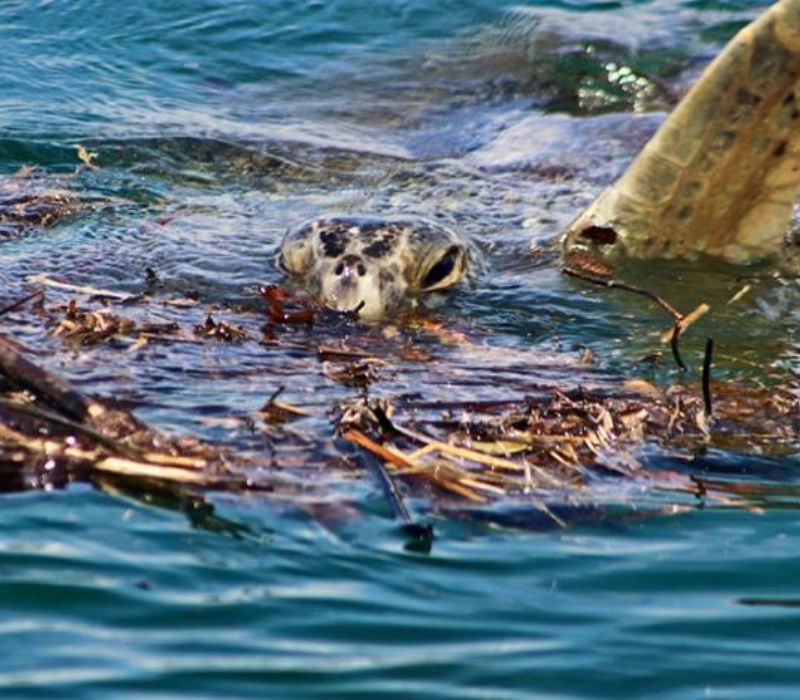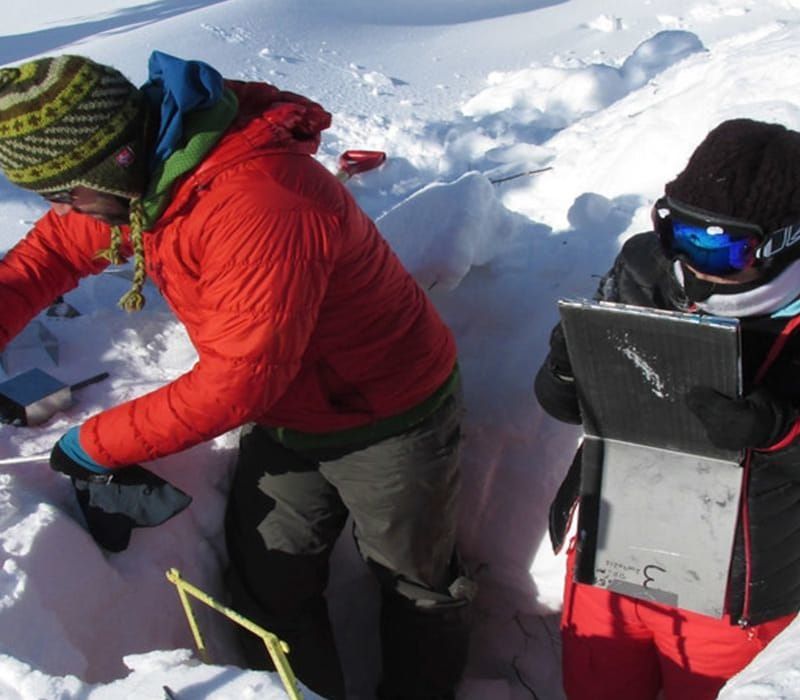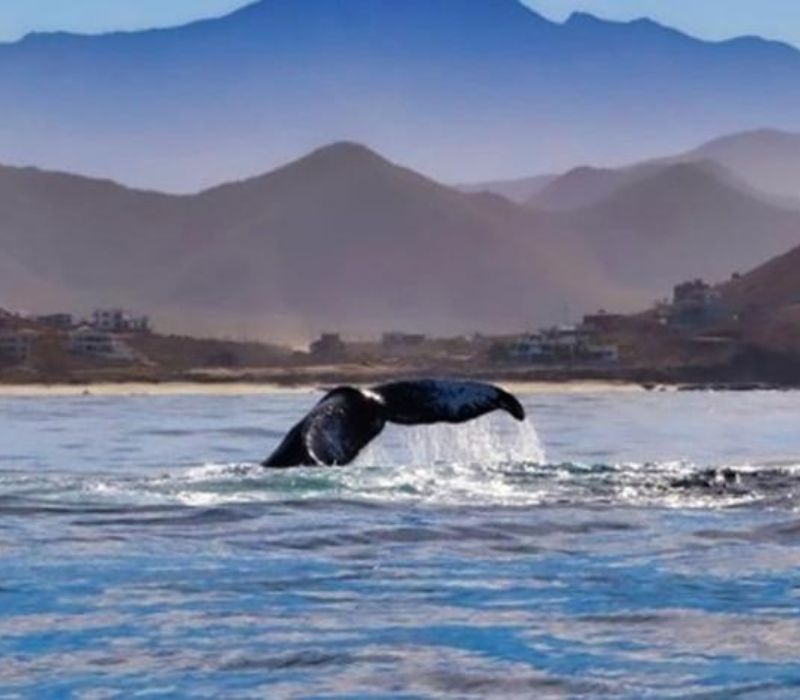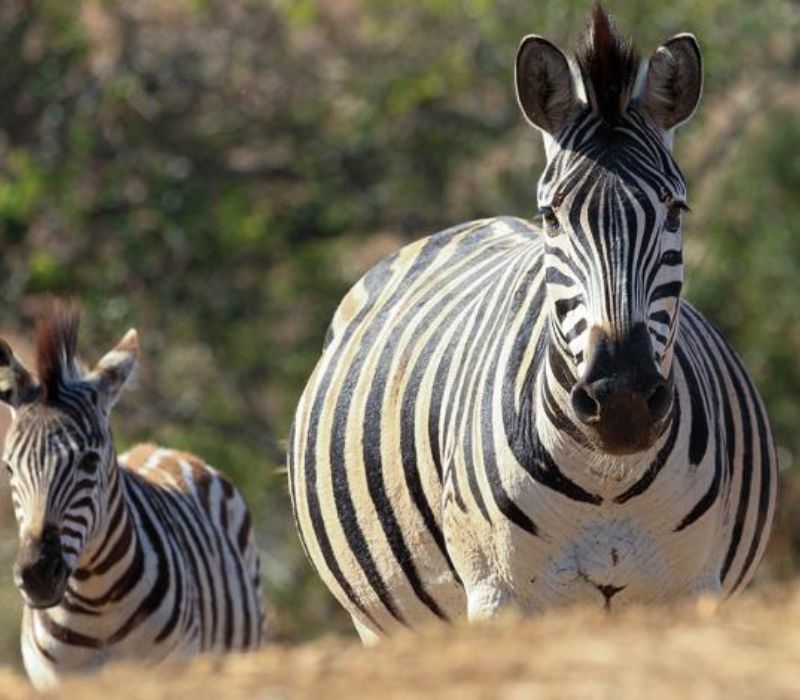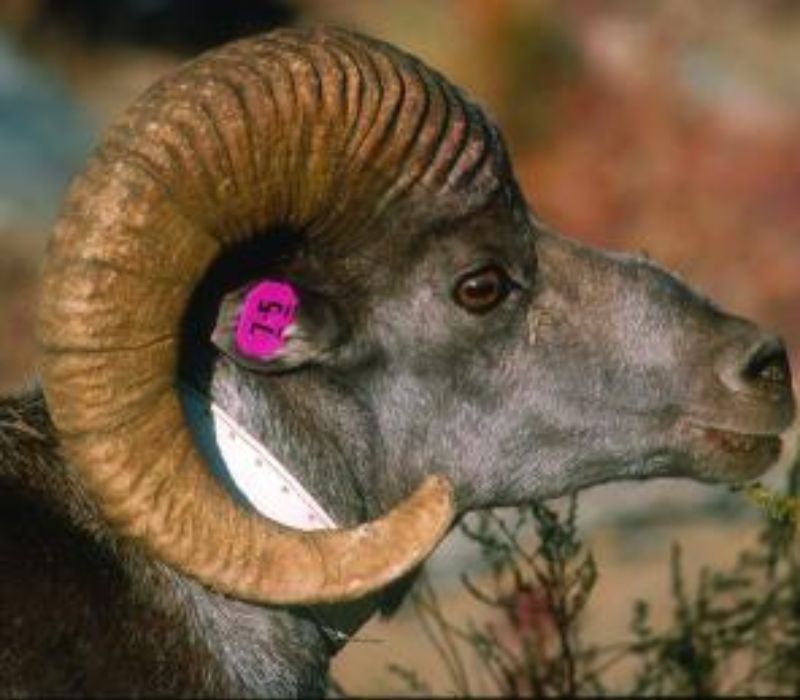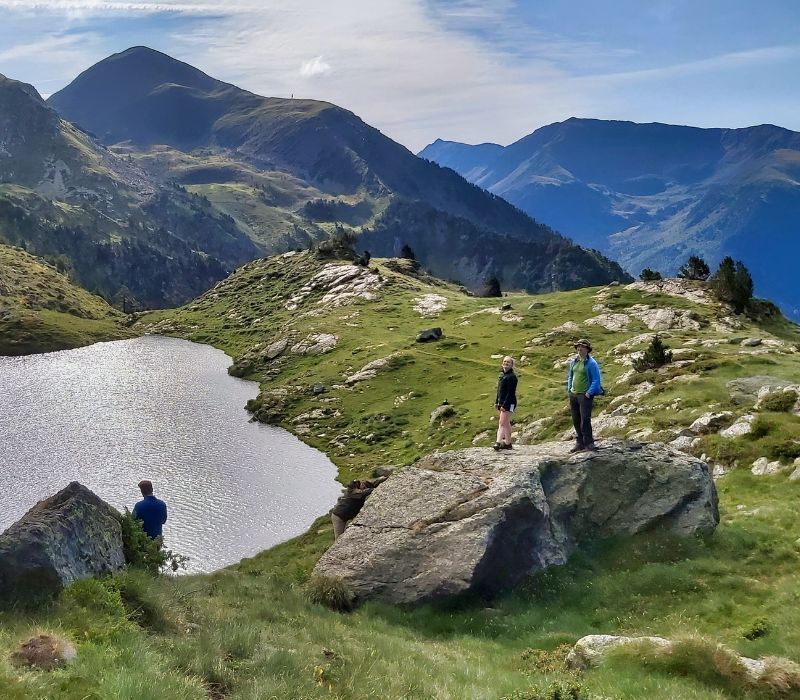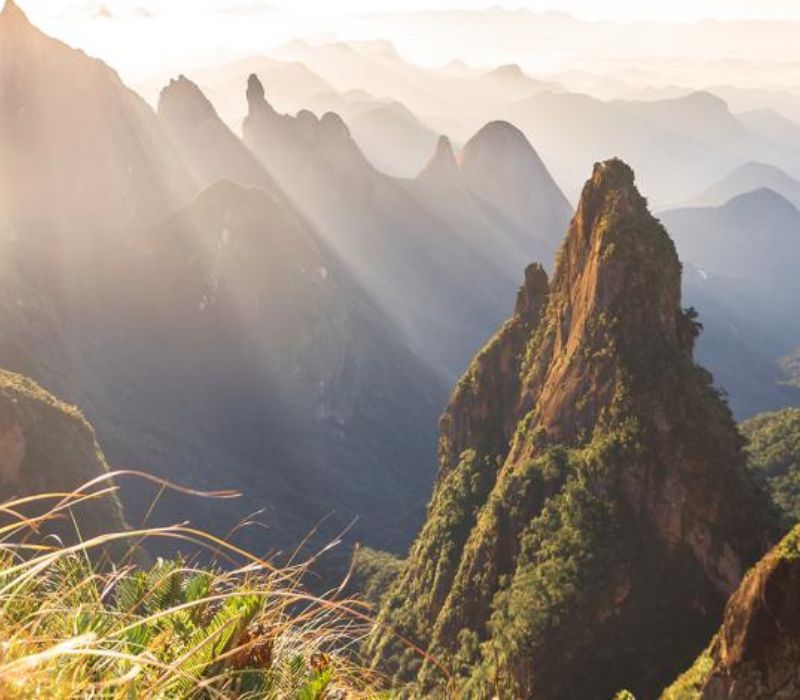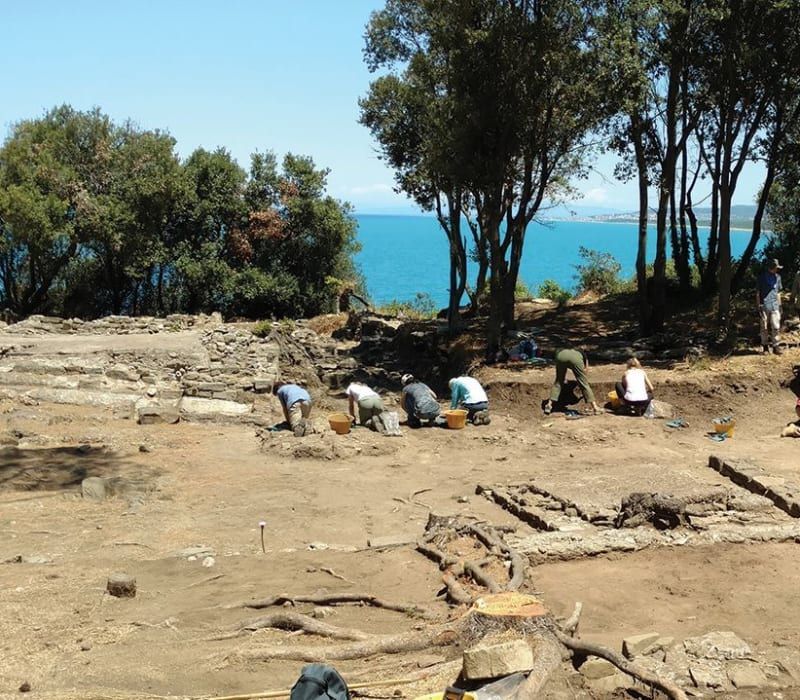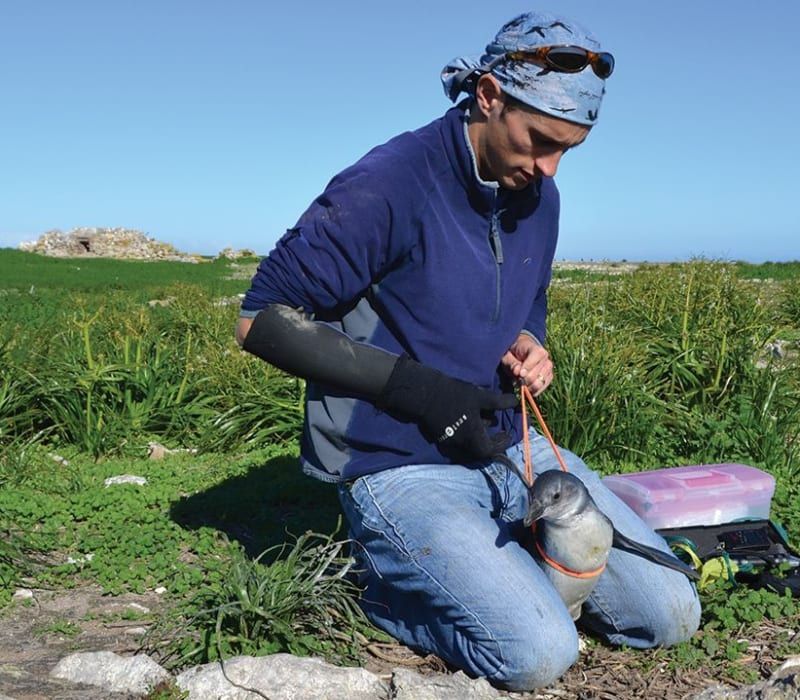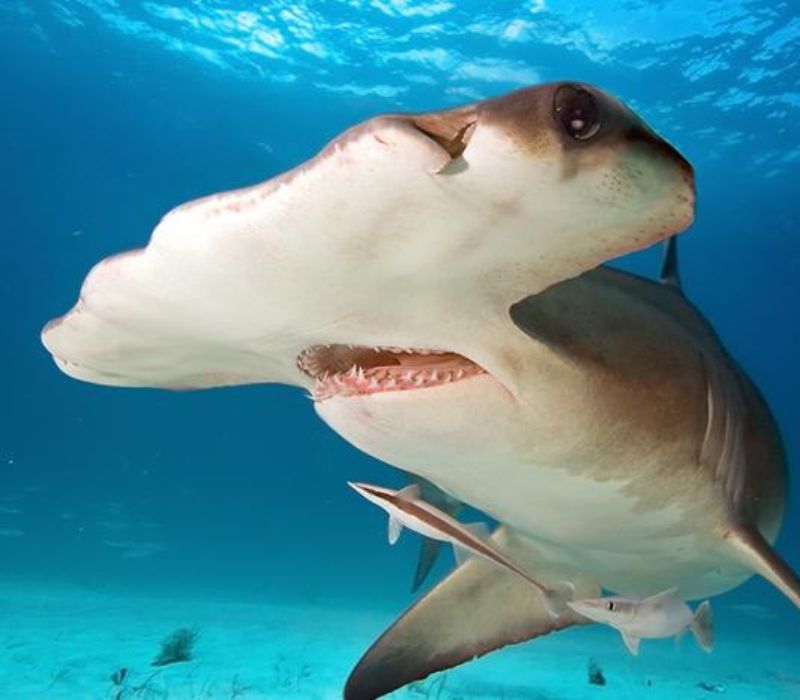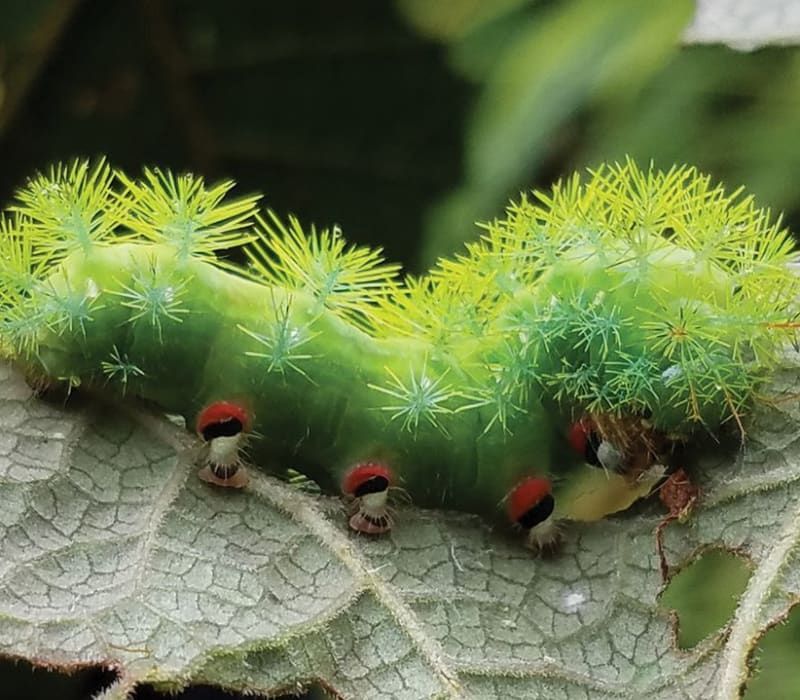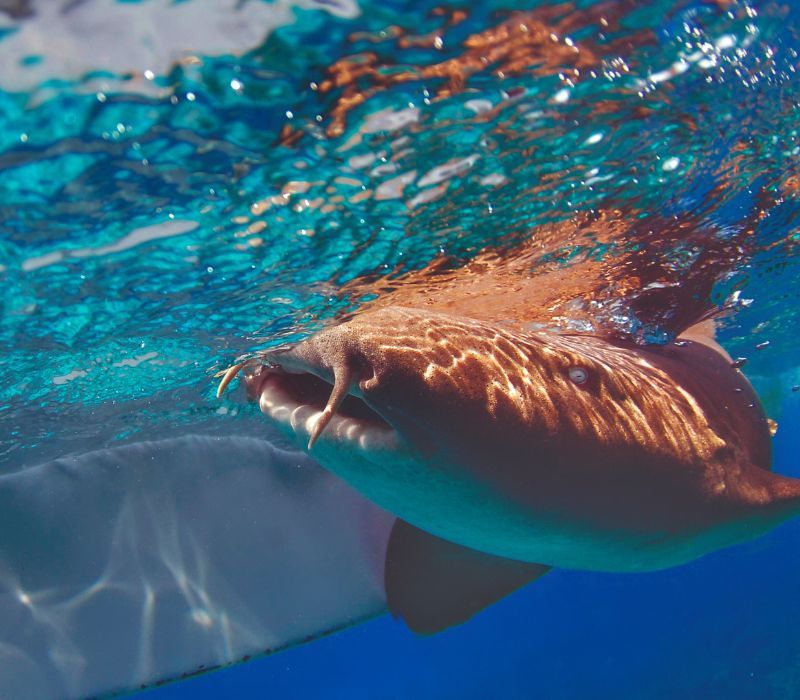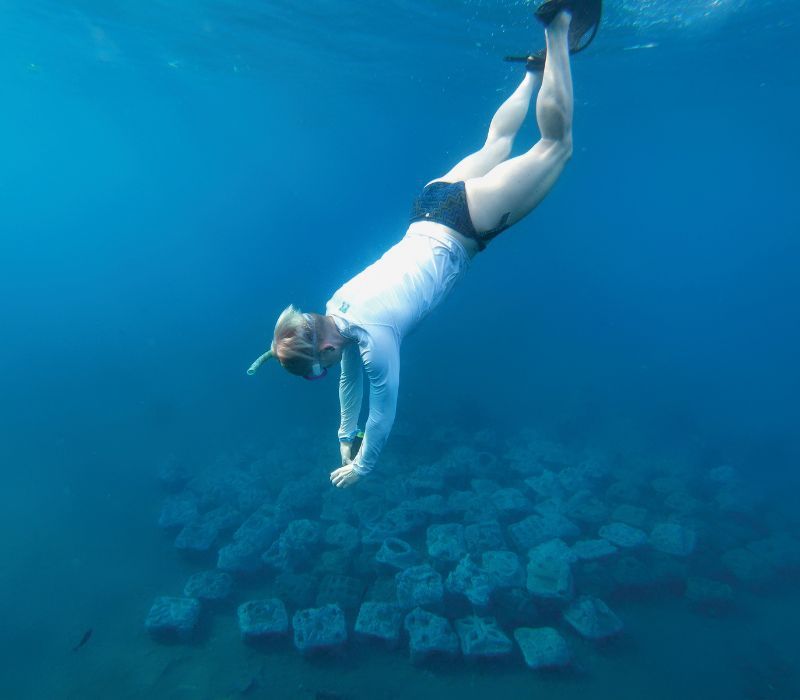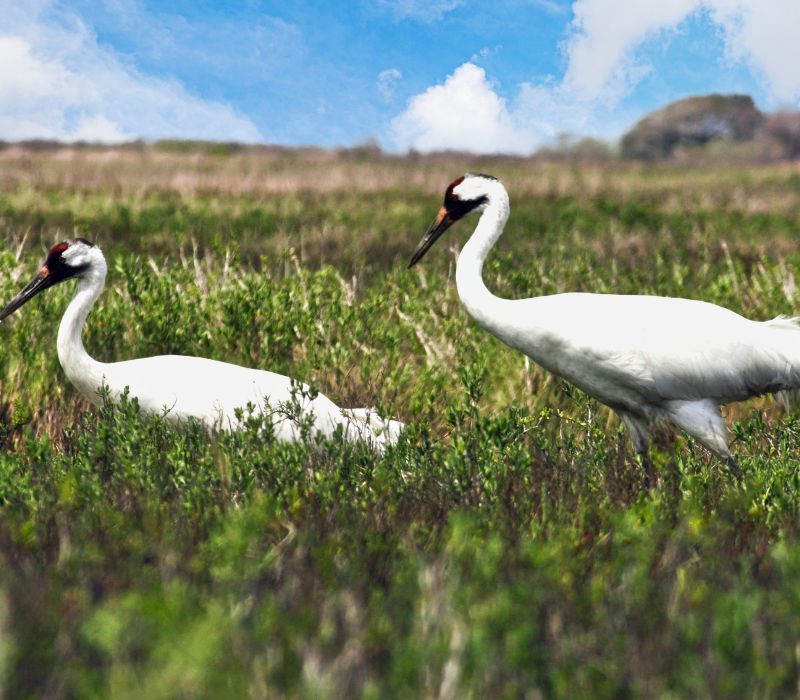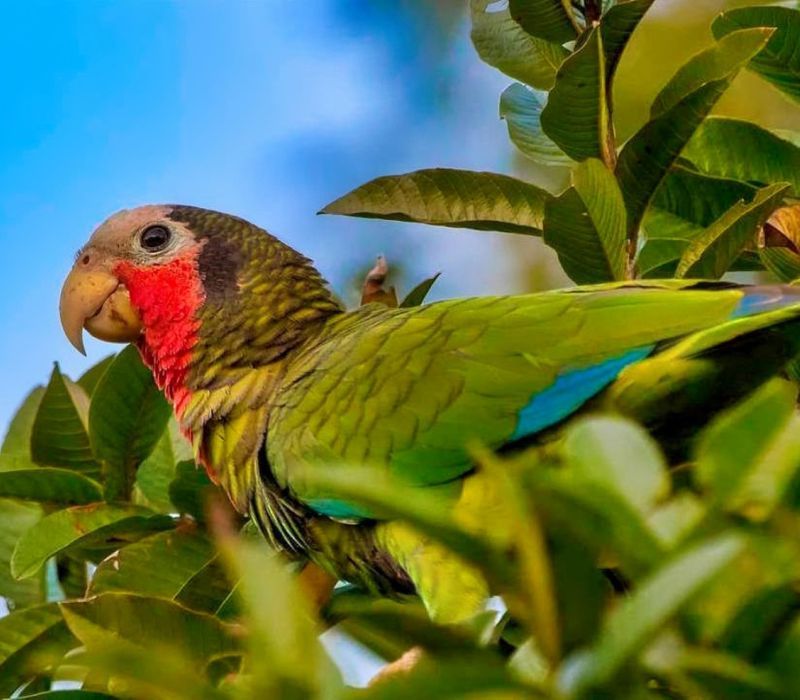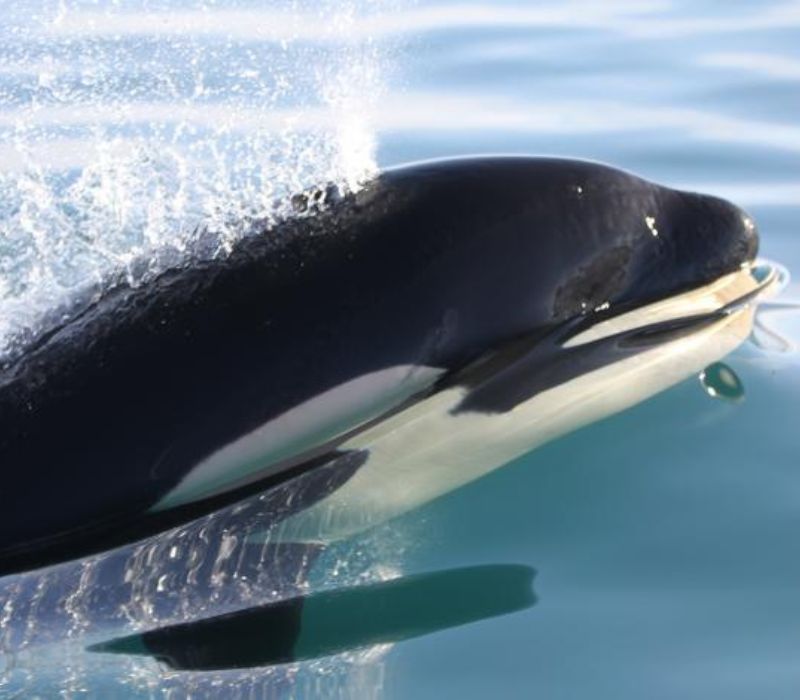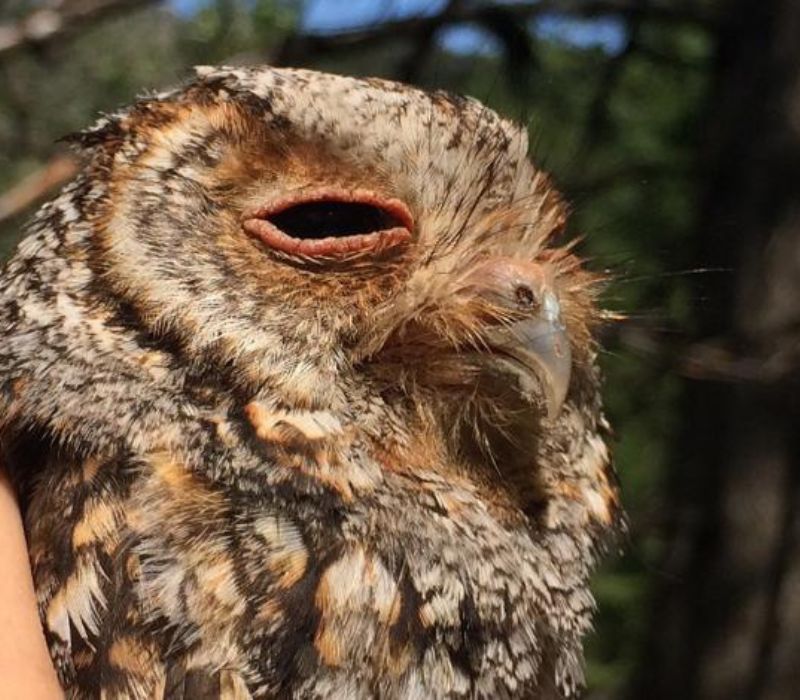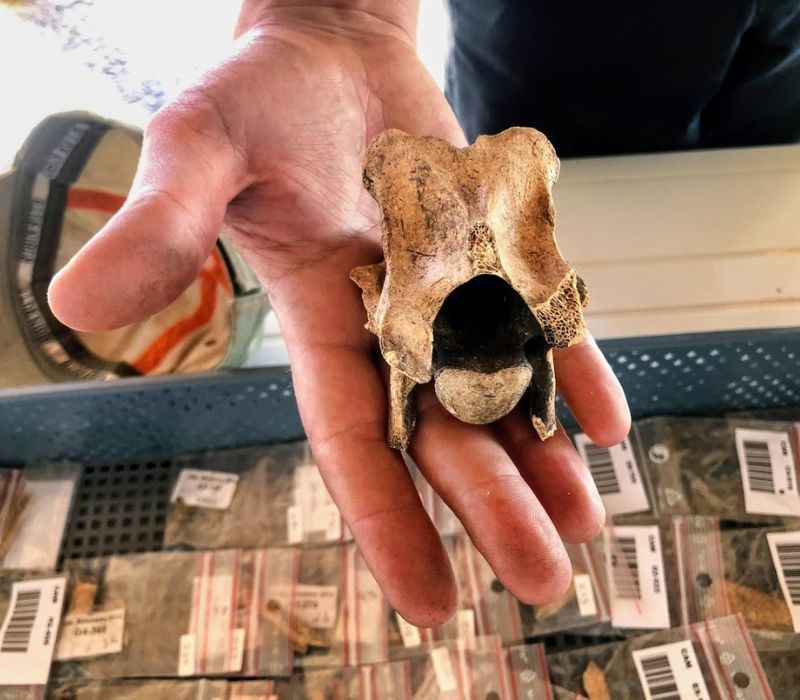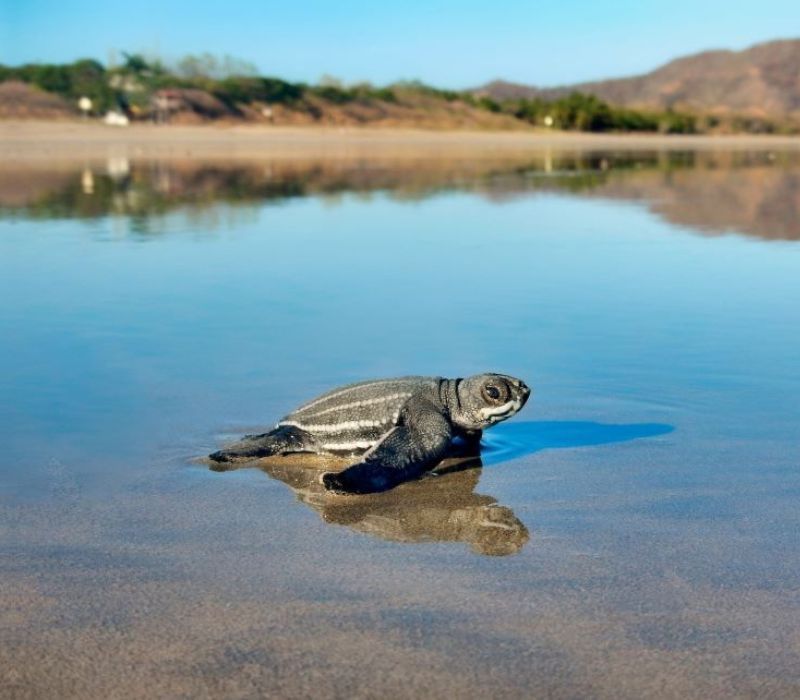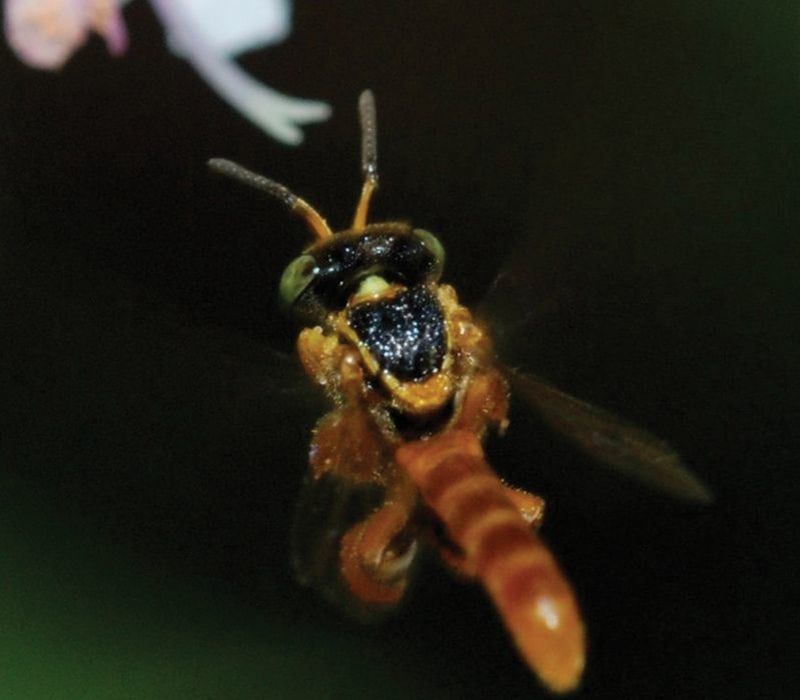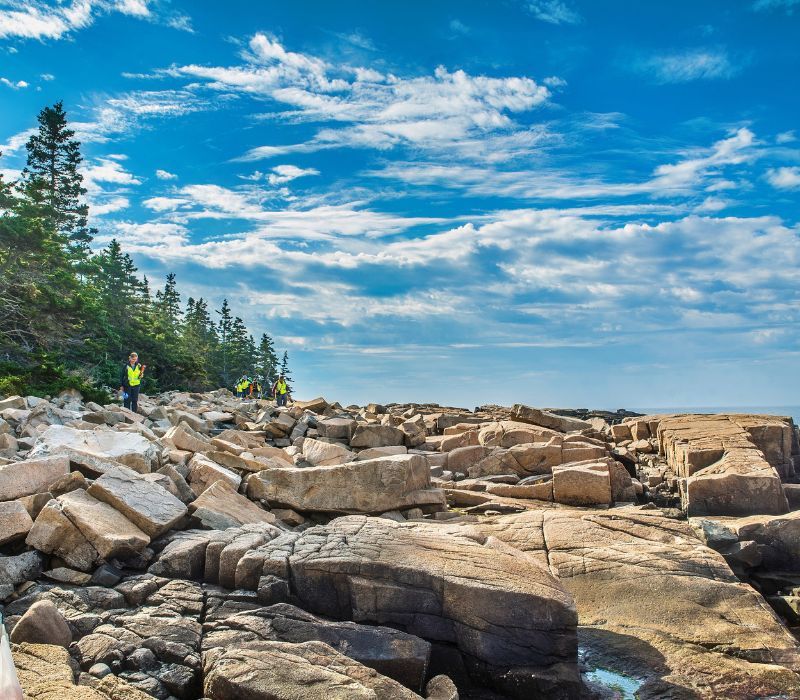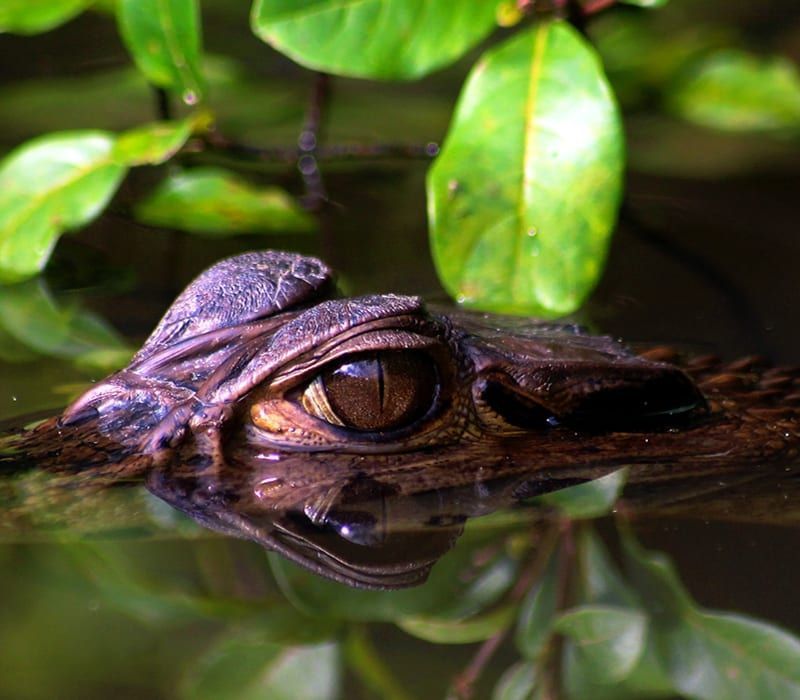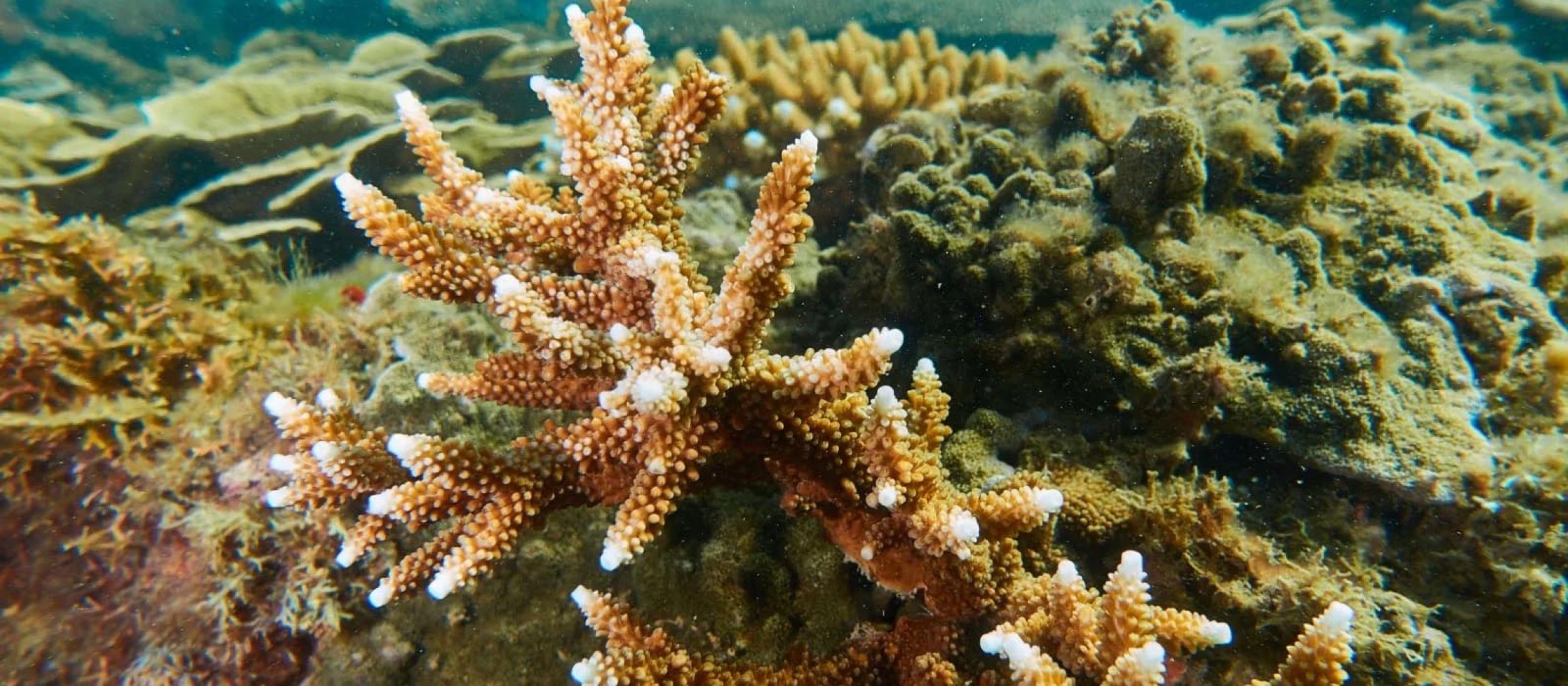
Recovery of the Great Barrier Reef
Be part of the team undertaking active recovery efforts on and around Magnetic Island on Australia’s Great Barrier Reef.
Expeditions
On your Earthwatch Expedition you will work alongside scientists collecting valuable data that will help protect threatened wildlife, habitats and ecosystems all around the world. Get muddy in the mangroves of the Wet Tropics or head to the Great Barrier Reef and weed the ocean to help corals on the Great Barrier Reef.
Step off the beaten path to discover nature as you've never experienced it before by fundraising for yourself with an Earthwatch expedition fund.
Please note: Access to your My Earthwatch portal and all bookings are directed through the Earthwatch US website with prices in Australian dollars.
COVID-19 update: Check out our Latest News to read about our COVID Safe plans for all Earthwatch expeditions. Please register your interest with us for any upcoming expeditions and we will contact you directly.
12 Jan 2022 Update
Due to the ongoing impacts of COVID-19 globally and Australian border arrangements, Earthwatch has a number of controls in place.
- Vaccination: Our vaccination policy follows the latest Australian Government advice. All Earthwatch Participants are required to produce verified proof of full COVID-19 vaccination (double dose) unless medically exempt.
- Domestic Travel – border closures: We recommend that participants monitor domestic travel and entry requirements specific to their circumstance. Due to our limited capacity, Earthwatch does not take responsibility for informing participants if they are unable to attend an expedition due to border closures. If you have booked for a program or expedition in an area which you are no longer able to travel to, please refer to our Travel Credit policy below.
- International Travel: At this stage, we are not offering international expeditions.
- Travel Credit: If you are unable to attend a program or expedition which you have booked since 12 Jan 2022 due to circumstances out of your control (e.g. domestic border closures), we will automatically issue travel credit which will remain valid for a period of 12 months from date of issue. If you have booked trips prior to this date, our previous policy of 3 years applies. As we are a small organisation, we have a number of unrecoverable costs when it comes to arranging programs and expeditions, therefore we are unable to provide refunds.


